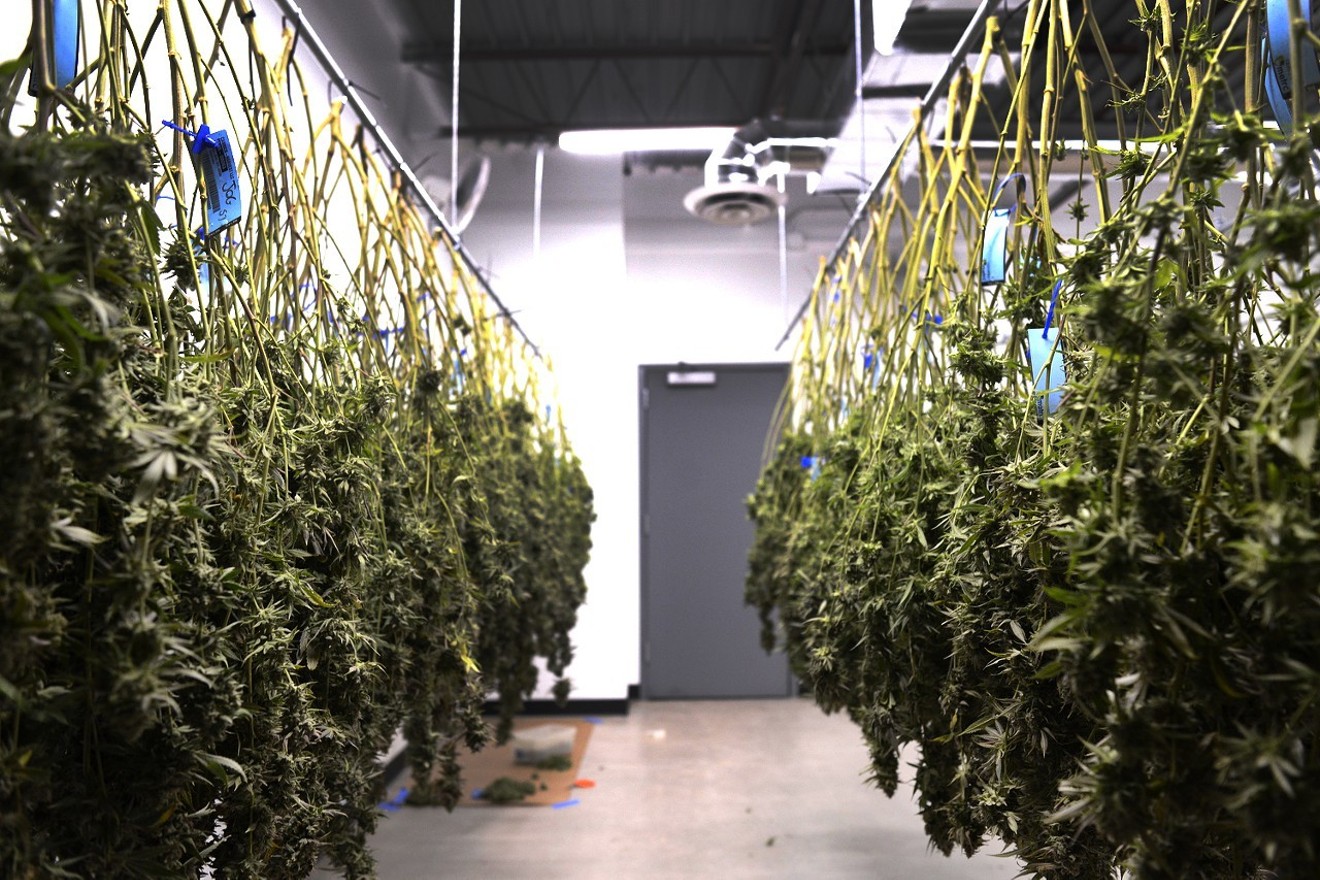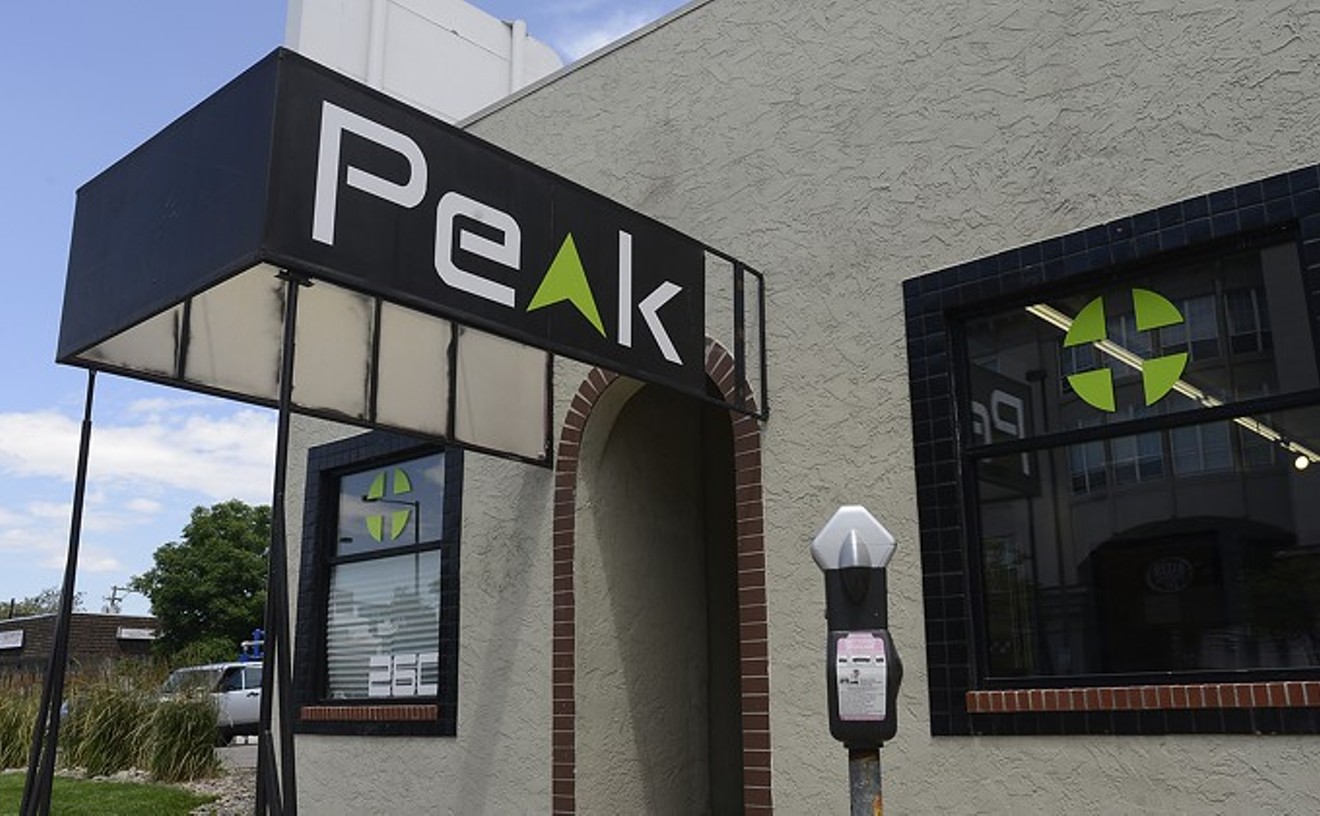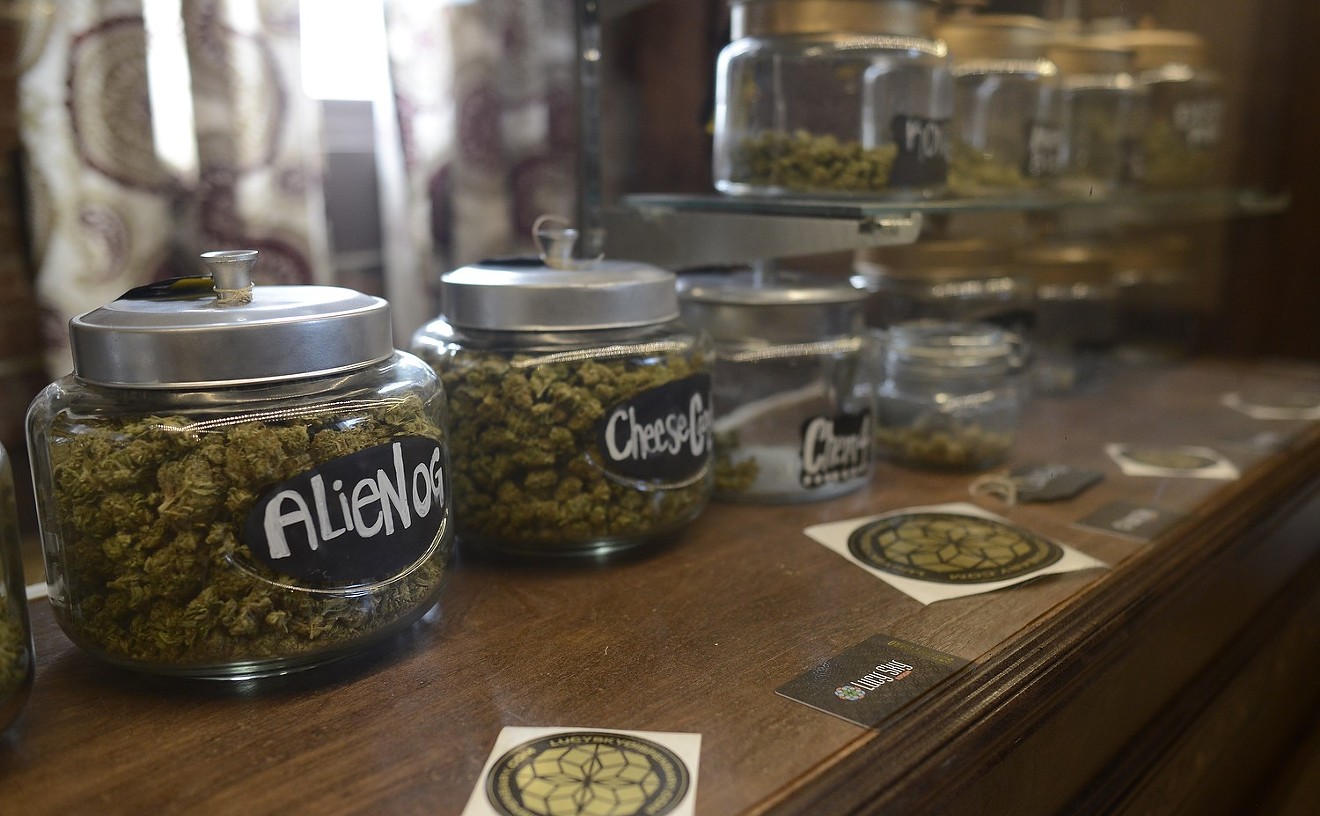Some of the arguments for legalizing marijuana focus on the economic benefits of a new industry, including tax revenue, more jobs and, according to a new study from the National Association of Realtors, even improved real estate values.
The nation's largest real estate trade organization surveyed nearly 8,000 members in states allowing medical or recreational marijuana, asking both commercial and residential realtors about their respective markets since the laws regarding the plant have changed.
A sizable number of NAR members selling commercial real estate reported seeing a jump in property values since commercial marijuana cultivation started, with 34 percent of responders noticing an increased demand in warehouse space since legalization, while 31 percent registered a jump in demand for storefronts and 18 percent experienced higher demand for land. Around 20 percent of NAR members said that commercial property values near dispensaries had increased (around 10 percent said the opposite).
Residential realtors haven't experienced the same jumps in demand and value, however. According to NAR, only 10 percent of its members selling residential properties reported increased value, while around 12 percent reported decreased value. Over three-quarters of those who responded reported no changes.
If homeowners and renters are growing marijuana or smoking it inside their homes, that's not something most realtors have to report...but many divulge it anyway. According to the survey, only 1 to 2 percent of respondents were aware of their multiple listing services (MLS) containing specific fields relating to pot, but seven out of ten said they still disclosed a house's growing history to potential sellers. And a property's skunky past can hurt its desirability, as 33 percent of members in states with retail marijuana had problems selling homes previously used to grow pot.
“Members in states where marijuana has been legalized to some extent have been asking us to conduct this kind of research, because it is directly affecting their business,” Jessica Lautz, NAR director of behavioral and demographic trends, said during a recent NAR panel about marijuana's effect on real estate. “Whether it is influencing property values, the number of all-cash purchases or demand for various types of commercial properties, it is clear that this billion-dollar industry is making an impact.”
The report didn't separate the data by state, but marijuana legalization has been linked to increased commercial real estate prices in certain warehouses districts in Denver, as well as for land in southern Colorado.
Pueblo County Commissioner Sal Pace says the state's new marijuana industry was responsible for the "biggest real estate boom in our community’s history," adding that money from new pot business operations accounted for 50 percent of all Pueblo County construction during the Great Recession in the late 2000s.
By 2015, the marijuana industry had driven up the price of Denver warehouse real estate by 60 percent, according to a warehouse property owner quoted in a Wall Street Journal article. Paying in cash and above market price, dispensary owners and grow house operators helped drive up real estate prices along stretches of South Broadway and other parts of Denver, dispensary owner Luke Ramirez said while recounting his times at Walking Raven dispensary, which opened at the start of the boom in 2009.
[
{
"name": "Air - MediumRectangle - Inline Content - Mobile Display Size",
"component": "12017618",
"insertPoint": "2",
"requiredCountToDisplay": "2"
},{
"name": "Editor Picks",
"component": "17242653",
"insertPoint": "4",
"requiredCountToDisplay": "1"
},{
"name": "Inline Links",
"component": "18838239",
"insertPoint": "8th",
"startingPoint": 8,
"requiredCountToDisplay": "7",
"maxInsertions": 25
},{
"name": "Air - MediumRectangle - Combo - Inline Content",
"component": "17261320",
"insertPoint": "8th",
"startingPoint": 8,
"requiredCountToDisplay": "7",
"maxInsertions": 25
},{
"name": "Inline Links",
"component": "18838239",
"insertPoint": "8th",
"startingPoint": 12,
"requiredCountToDisplay": "11",
"maxInsertions": 25
},{
"name": "Air - Leaderboard Tower - Combo - Inline Content",
"component": "17261321",
"insertPoint": "8th",
"startingPoint": 12,
"requiredCountToDisplay": "11",
"maxInsertions": 25
}
]












